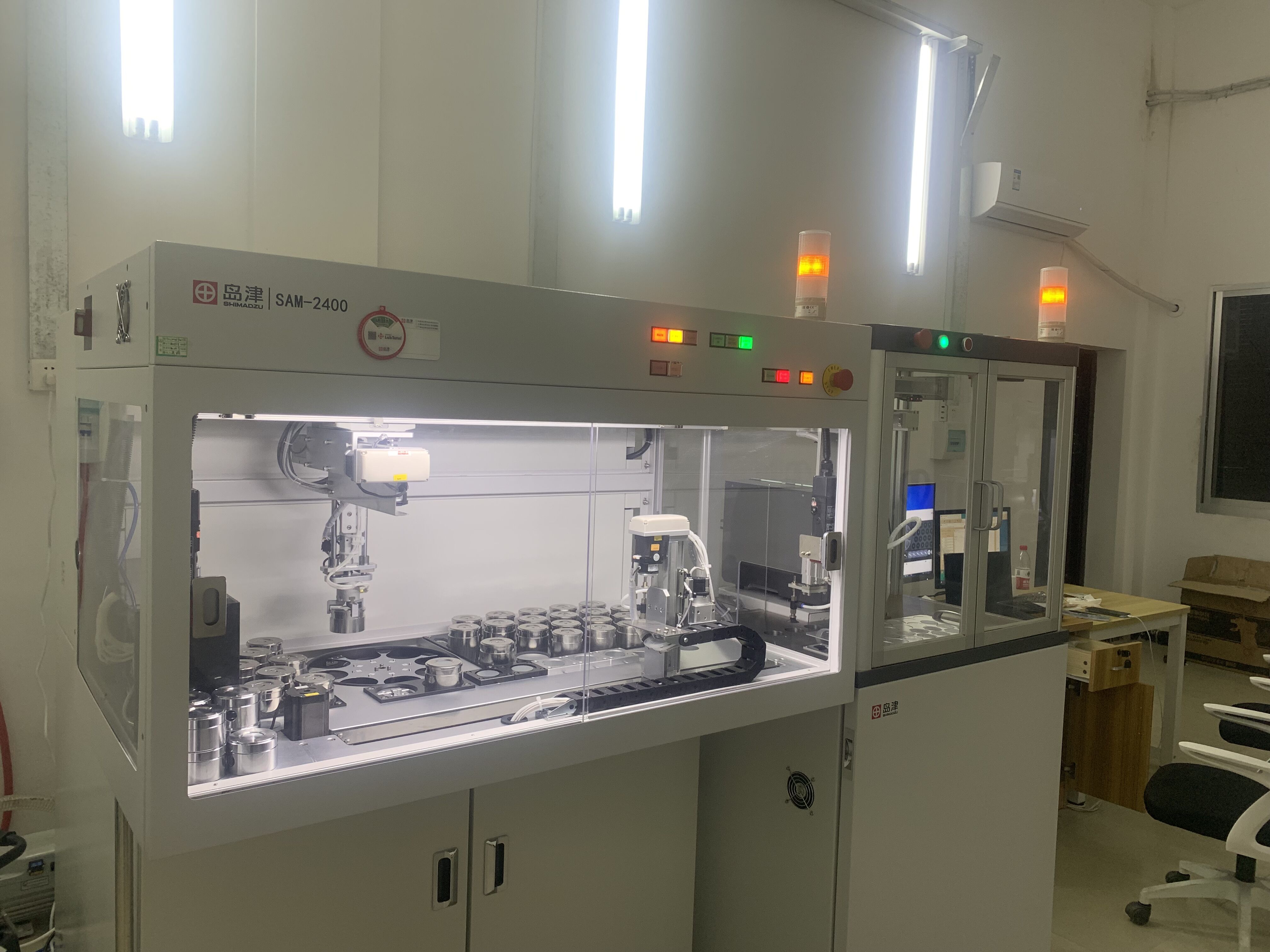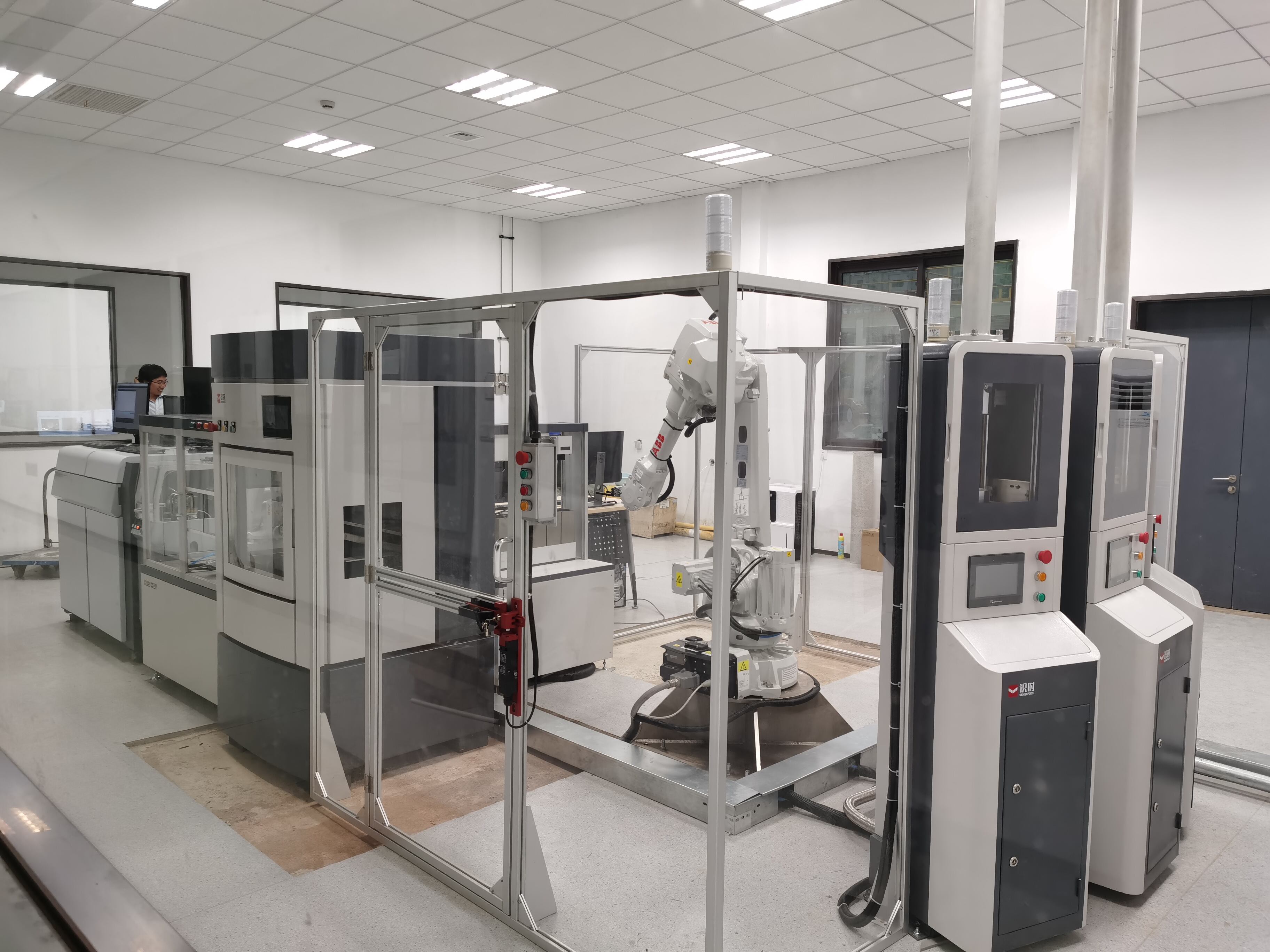smart automation manufacturing
Smart automation manufacturing represents a revolutionary approach to industrial production that combines advanced robotics, artificial intelligence, and Internet of Things (IoT) technologies to create highly efficient, flexible, and interconnected production systems. This cutting-edge manufacturing paradigm employs sophisticated sensors, automated guided vehicles (AGVs), and intelligent control systems to streamline production processes and minimize human intervention. The system continuously collects and analyzes real-time data from various production stages, enabling predictive maintenance, quality control, and optimal resource allocation. By integrating machine learning algorithms, these smart factories can adapt to changing production requirements, identify potential issues before they occur, and automatically adjust manufacturing parameters to maintain peak performance. The technology extends beyond the factory floor, incorporating supply chain management, inventory control, and product lifecycle management into a comprehensive digital ecosystem. Smart automation manufacturing systems can operate 24/7 with minimal downtime, ensuring consistent product quality while significantly reducing operational costs and manufacturing errors.

